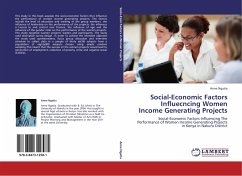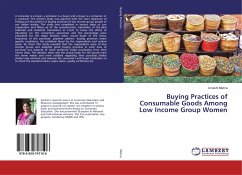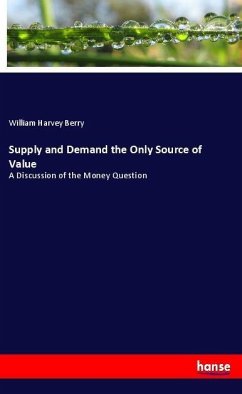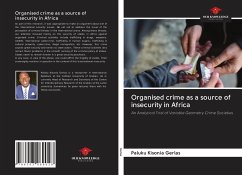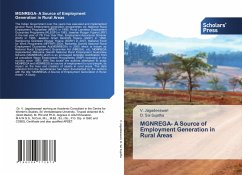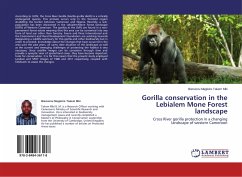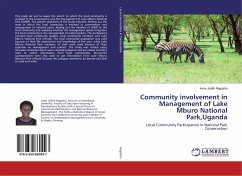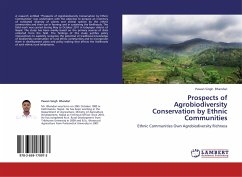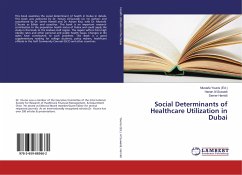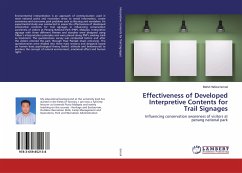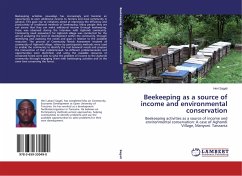
Beekeeping as a source of income and environmental conservation
Beekeeping activities as a source of income and environmental conservation: A case of Aghondi Village, Manyoni. Tanzania
Versandkostenfrei!
Versandfertig in 6-10 Tagen
33,99 €
inkl. MwSt.

PAYBACK Punkte
17 °P sammeln!
Beekeeping activities nowadays has increasingly and become an opportunity to earn additional income to farmers and local community in general. This gave rise to initiatives aimed at improving the efficiency and productivity of traditional methods of beekeeping. Many people they are not aware that they can make additional income through beekeeping, these was observed during the interview with Aghondi community. Community need assessment for Aghondi village was conducted for the aim of analyzing the level of development within the community, through identifying and assessing the needs and gaps i...
Beekeeping activities nowadays has increasingly and become an opportunity to earn additional income to farmers and local community in general. This gave rise to initiatives aimed at improving the efficiency and productivity of traditional methods of beekeeping. Many people they are not aware that they can make additional income through beekeeping, these was observed during the interview with Aghondi community. Community need assessment for Aghondi village was conducted for the aim of analyzing the level of development within the community, through identifying and assessing the needs and gaps in relation to the available resources. The process of Community Needs Assessment involved all community of Aghondi village, where by participatory methods were used to enable the community to identify the real demand/ needs and prepare the intervention of that problem/need. So different problems/needs/ and opportunities were identified, and using the available resources of conserved forest were able to solve the problem of income to the Aghondi community through engaging them with beekeeping activities and at the same time conserving the forest.



